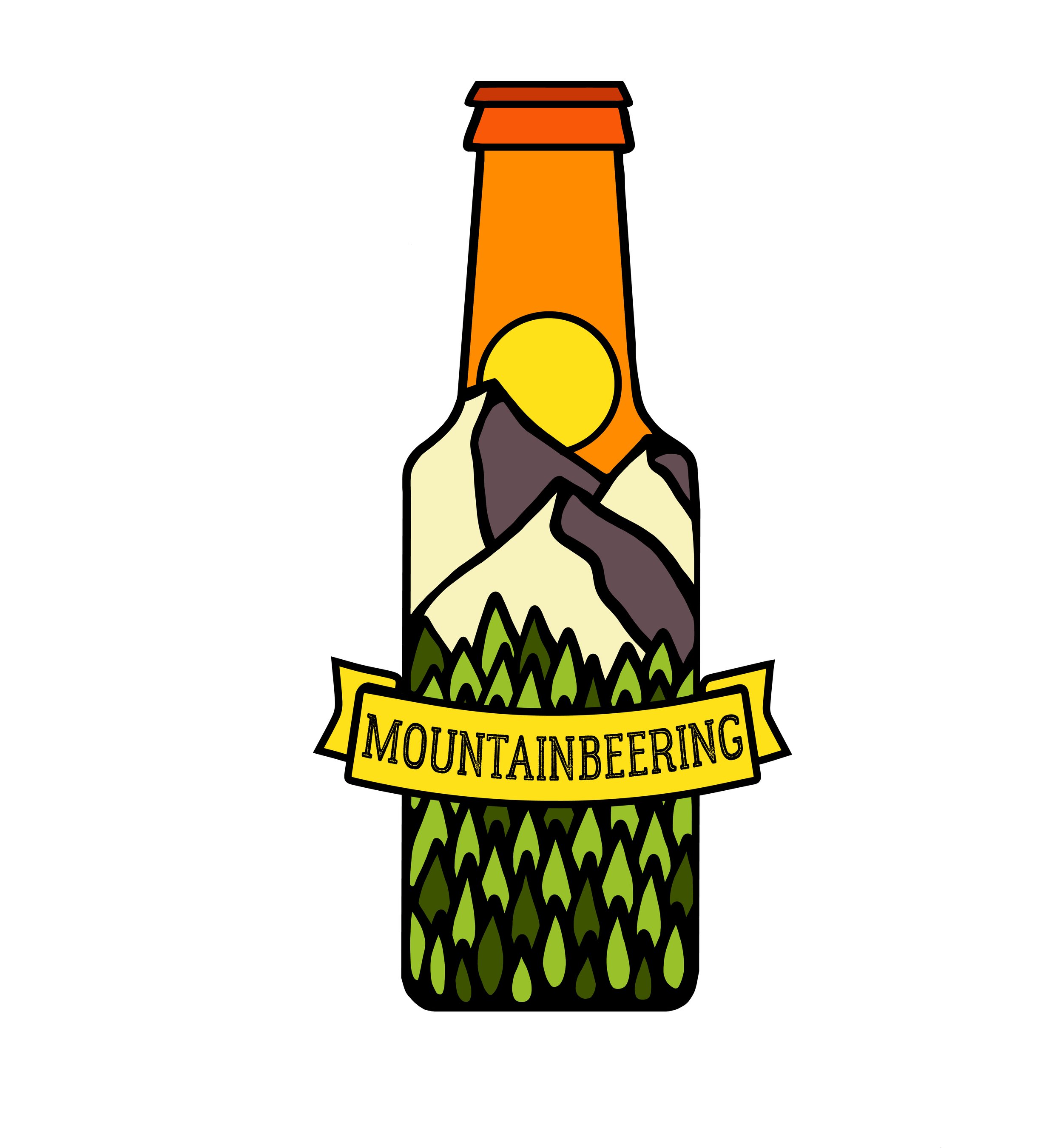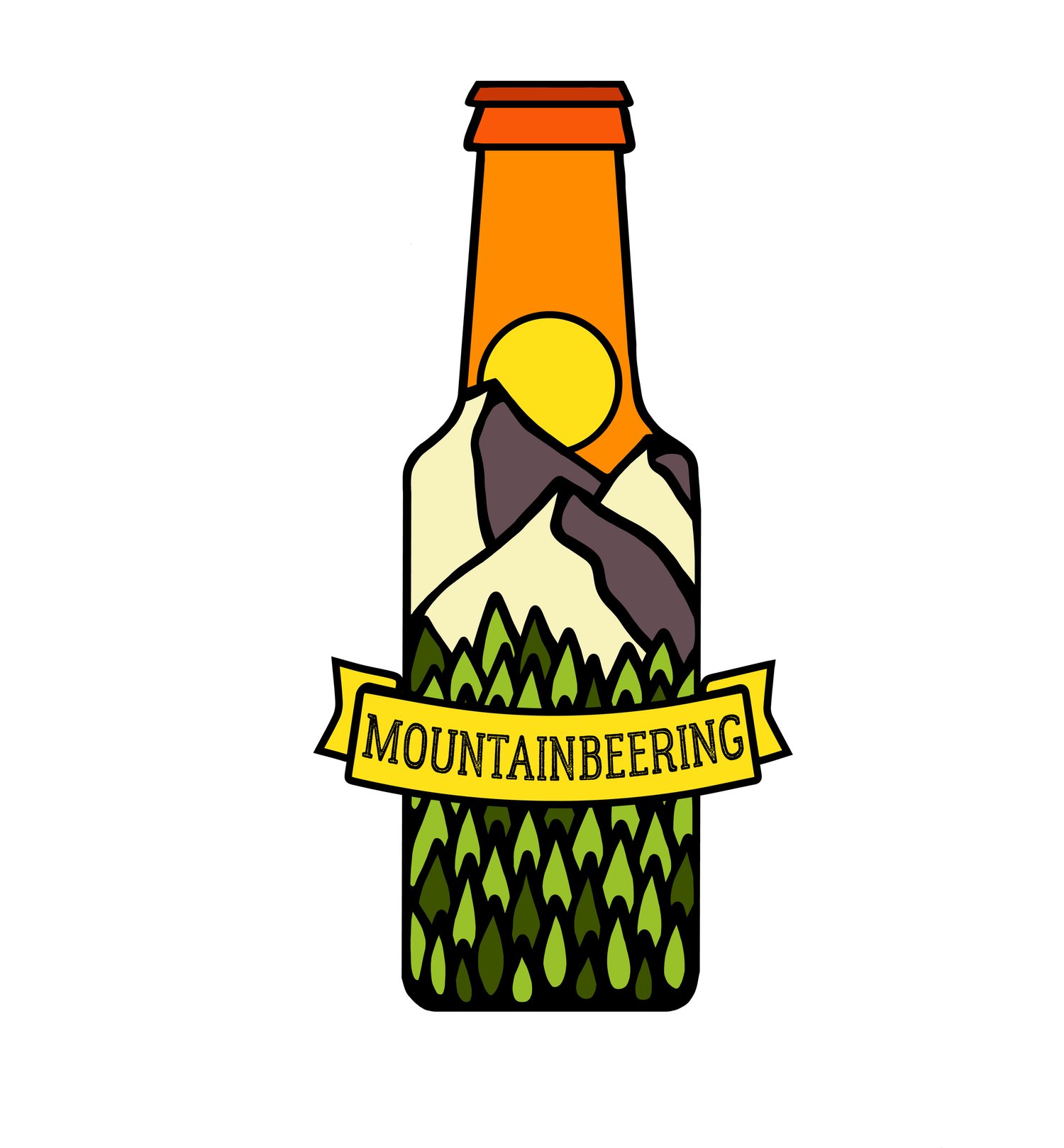Maintaining Trails and Battling Invasive Species for a Sustainable Future
Last week I got the opportunity to visit a friend Jeremy Haymaker and help him with an invasive species cleanup on the trails. Jermeny works at Berks Nature protecting/ preserving the trails and preserve.
There was a good turn out and I learned a lot about the area, and wildlife, and got to help out. There were a handful of other volunteers there and another staff member English Dawson.
While I know that invasive species and animals are a nuisance I didn't understand the depth and what they can do to trails. I did a bit more research and took some facts about how Jeremy and Berks Nature deal with this issue and the impacts invasive species have.
I have written about it below but if this is too long, the basic idea is to get out and help where you can when you can. This is happening all over the world and it is too big a job for one person. So reach out to local groups and find out how you can do your part and keep the trails open.
Trails provide a gateway to explore and connect with nature, offering individuals a respite from their busy lives. However, maintaining these trails is no easy task. Alongside the challenges of trail maintenance, one significant issue that threatens the integrity of natural ecosystems is the proliferation of invasive species. In this article, we will explore the importance of trail maintenance, the impact of invasive species, and the efforts required to combat this ecological threat.
The Importance of Trail Maintenance:
Trails serve as conduits for people to experience the beauty of natural landscapes and foster a deeper appreciation for the environment. According to Berks Nature's Trails & Preserve Specialist Jeremy Haymaker, trails and nature preserves offer individuals a chance to escape the pressures of daily life and establish a meaningful connection with nature. They provide a space for recreation, exercise, and solitude.
However, maintaining trails is not without its challenges. Numerous factors such as erosion, fallen trees, and weather events can negatively impact trail conditions. Ensuring safe and accessible trails requires ongoing attention and dedication. For example, taking measures like installing confidence markers to guide hikers or removing graffiti from historical structures is crucial to enhancing the overall trail experience for everyone.
The Threat of Invasive Species:
While trail maintenance is vital, another significant challenge arises in the form of invasive species. Invasive species refer to non-native plants, animals, or microorganisms that proliferate aggressively, outcompeting native species and disrupting ecosystems. These invaders can quickly spread, leading to a loss of biodiversity and altering natural habitats.
Invasive species can have severe consequences for trail ecosystems. They can displace native vegetation, disrupt the food chain, and degrade habitat quality. This threat is further exacerbated by human activities such as the illegal dumping of garden waste or the introduction of non-native plants in gardens, which can then spread into natural areas.
Combatting the Invasion:
Addressing the invasive species problem requires a collective effort from land managers, volunteers, and the public. Organizations like Berks Nature engage in regular invasive plant removal projects to mitigate the impact of invasive species on trails and nature preserves. These removal efforts often involve the dedication of volunteers, who work tirelessly to restore the natural balance in affected areas.
One such collaborative project on the Neversink Mountain Preserve involved the construction of boardwalks through sensitive wetlands. With a grant from the Schuylkill Highlands Conservation Landscape Initiative, Alvernia University students, led by Tim Hornbuckle, joined forces with Berks Nature to build these structures while raising awareness of wetland biodiversity and conservation.
Engaging the Community:
Creating awareness and involving the community in trail maintenance and invasive species management is vital. While some individuals may unknowingly contribute to the spread of invasive species, education, and outreach efforts can help change behaviors and foster a sense of responsibility towards the environment. Encouraging the proper disposal of garden waste, promoting native plantings, and organizing volunteer events are essential steps to combat invasive species effectively.
Trail maintenance and invasive species management are critical components in preserving the integrity and ecological balance of our natural areas. By maintaining trails and combating invasive species, we ensure that future generations can experience the wonders of nature. It is a collective responsibility to keep trails accessible and ecosystems healthy for the benefit of all. Let us embrace the beauty of nature, while also recognizing the need to protect and preserve it.
Sources:







